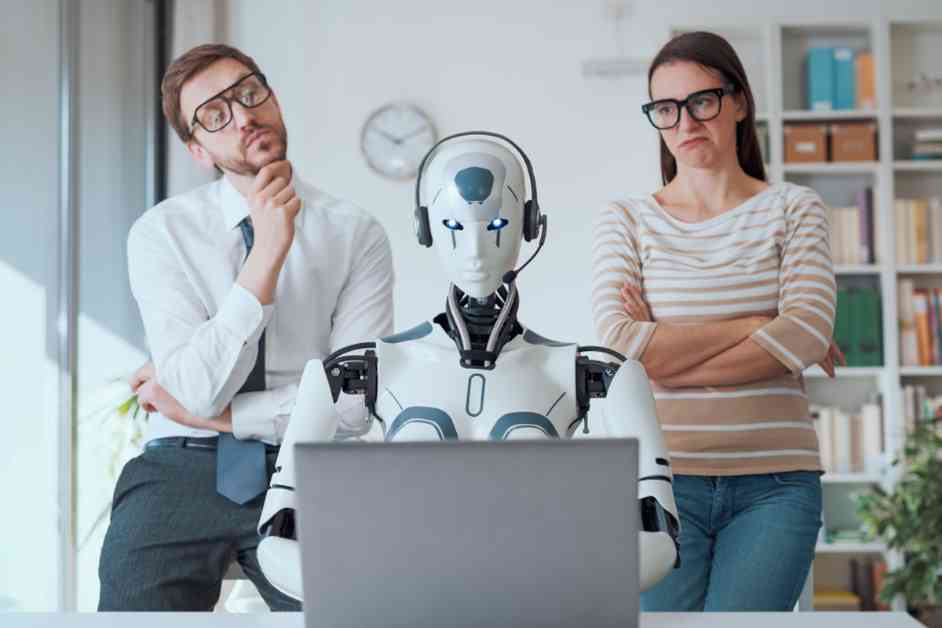Top 10 High-Paying AI-Proof UK Jobs for Career Switchers
In a rapidly evolving job market dominated by artificial intelligence (AI) automation, certain professions stand out as resilient to technological disruption. Recent research has pinpointed fields that are least likely to be affected by AI, shedding light on job opportunities that prioritize human expertise over automation. According to a report from the Telegraph, job search engine Adzuna, in collaboration with data from Goldman Sachs and the OECD, has identified the top 10 high-paying ‘AI-proof’ jobs in the UK for individuals considering a career change.
Highest Paying AI-Proof Jobs
1. **Dermatologist**: With a significant increase in job openings, dermatologists lead the pack with an average offered salary of £86,229.
2. **Surgeons**: Following closely behind, surgeons boast 10,448 advertised vacancies and an average salary of £80,031.
3. **Psychologist**: Paediatricians offer a lucrative career path with 5,750 advertised roles and an average salary of £76,442.
4. **Paediatrician**: In high demand with 119 advertised vacancies, paediatricians command an impressive average salary of £74,616.
5. **Dentist**: Dentists maintain a strong position with 255 job vacancies and an attractive average advertised salary of £70,000.
6. **Physicists**: Physicists offer a rewarding career path with 73 advertised vacancies and an average salary of £66,916.
7. **Veterinarians**: With 1,561 advertised vacancies, veterinarians enjoy an average salary of £64,268.
8. **Physical Therapists**: In high demand with 9,468 advertised vacancies, physical therapists earn an average salary of £60,346.
9. **Marriage Counsellors**: Marriage counsellors demonstrate a growing demand with 87 advertised vacancies and an average salary of £57,339.
10. **Social Workers**: Social work remains in high demand, with 6,460 advertised vacancies and an average salary of £56,790.
Jobs AI Can’t Replace
Professions that rely on subjective reasoning, such as judges and politicians, are less vulnerable to AI disruption due to the nuanced judgment and decision-making involved. Eloise Allexia, a psychotherapist in London, shares her perspective on the importance of human connection in therapy, highlighting the unique qualities that make certain professions resistant to AI infiltration.
“Therapy revolves around human connection, compassion, and empathy. When we seek therapy, we want to share our thoughts without immediate analysis and receive understanding. AI lacks the moral compass and emotional depth that humans possess, making certain professions irreplaceable,” Allexia explains.
Furthermore, the future of work in the age of AI presents new opportunities in AI development, maintenance, and ethical oversight. While AI-related jobs are on the rise, Janine Chamberlin from LinkedIn suggests that job seekers diversify their career paths to adapt to the evolving job market. Continuous learning and upskilling are essential to navigate the dynamic post-AI labour landscape and seize emerging opportunities.













